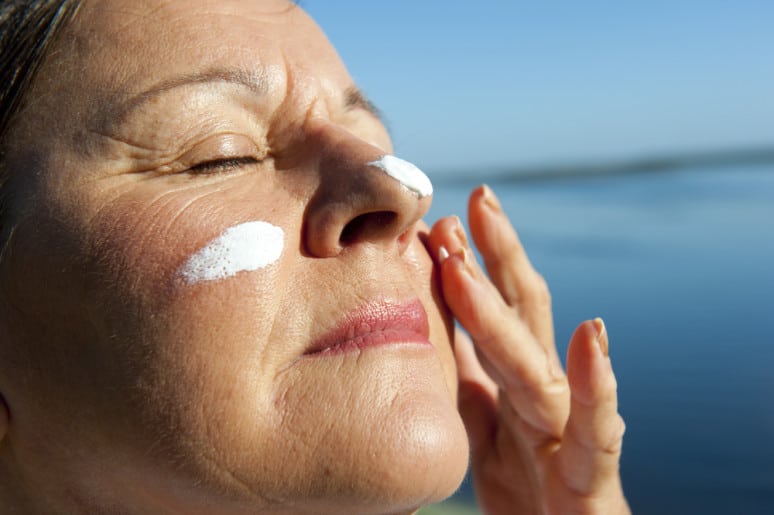Most people remember the “good old days” when parents made kids clean their plates, which included finishing their veggies. Unfortunately, many give up these healthy habits when they grow up and can make their own dietary decisions. This can have a huge negative health impact, as vegetables are a vital part of a healthy diet. In fact, a new study has found a link between broccoli and cancer that should have us reaching for our veggies at every meal rather than pushing them around the plate.
Broccoli: An Underrated Superfood
Like all cruciferous vegetables, broccoli is full of nutrients. Chock full of vitamin K, folic acid, calcium and vitamin C, this leafy green packs a huge nutritional punch. These vitamins act as needed cofactors for the many cell reactions necessary in metabolism. In addition, broccoli has large amounts of fiber, which can prevent high cholesterol, cardiovascular disease and a variety of gastrointestinal issues. In addition, broccoli is one of the more affordable healthy foods in the supermarket. There is really no reason to say no to a plate of this vegetable, but now there is even more reason to say yes… and even reach for a second helping.
Broccoli and Cancer Risk
 According to a new study, broccoli may help prevent Non-Alcoholic Fatty Liver Disease (NAFLD), which is a precursor to liver cancer. In addition, mice who eat broccoli who are then exposed to carcinogens known to affect the liver have a lower rate of cancer, as well as lower stage cancer when they do get it. This suggests that broccoli may be a powerful agent in preventing liver cancer. In addition, a separate study has found that taking supplements that include compounds from broccoli sprouts can help reduce the risk of oral cancer. More research is currently underway to investigate whether it can prevent other kinds of head and neck cancer.
According to a new study, broccoli may help prevent Non-Alcoholic Fatty Liver Disease (NAFLD), which is a precursor to liver cancer. In addition, mice who eat broccoli who are then exposed to carcinogens known to affect the liver have a lower rate of cancer, as well as lower stage cancer when they do get it. This suggests that broccoli may be a powerful agent in preventing liver cancer. In addition, a separate study has found that taking supplements that include compounds from broccoli sprouts can help reduce the risk of oral cancer. More research is currently underway to investigate whether it can prevent other kinds of head and neck cancer.
How Can a Vegetable Prevent Cancer?
Broccoli has a slight bitter taste due to high levels of a compound known as sulforaphane. Sulforaphane belongs to the glucosinolate class of phytonutrients and has been linked to protecting against cancers of all kinds. It is believed to be a kind of chemoprevention, which is a term for compounds that may help to prevent cancer before it even starts. While certain medications such as tamoxifen are used to prevent cancer in people who are high risk, some foods can be used to gain the same benefits. In addition, broccoli appears to kill cancer cells once they have formed, presenting potential as an adjunctive treatment to traditional medical treatments such as radiation and chemotherapy.
Vegetables: An Essential Part of a Healthy Lifestyle
With cancer rates increasing every decade, many researchers are turning their eye toward the changing Western diet. We are only just beginning to discover the healthy effects of many foods. Eating a varied diet with plenty of phytonutrient-rich vegetables may be the best thing that people do to stay healthy and lower their risk of developing deadly diseases. There may be many phytonutrients and disease-preventing compounds in fruits and vegetables that have yet to be discovered. As with all disease, prevention is the best cure.
Eating more vegetables is always a healthy lifestyle choice, helping you to achieve a healthy weight and get the nutrients that you need to thrive. With new research indicating a link between broccoli and cancer prevention, there is no good reason not to eat your greens.


